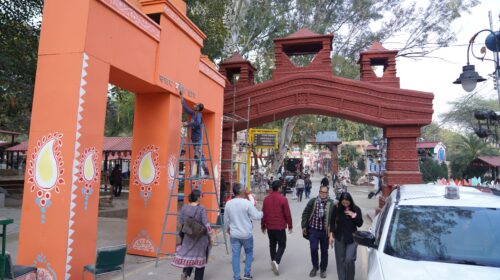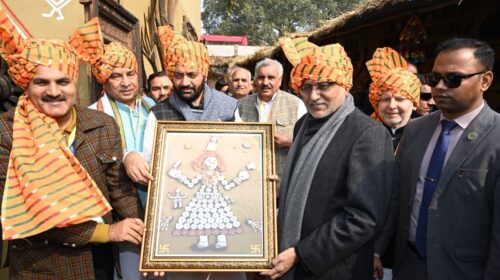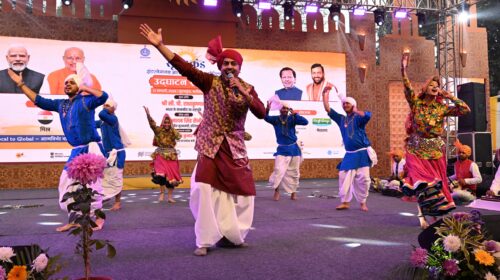SC seeks EC reply on plea by 21 opposition leaders for verification of 50 pc VVPAT slips
The Supreme Court Friday agreed to hear the plea of 21 opposition leaders, led by Andhra Pradesh Chief Minister N Chandrababu Naidu, seeking that VVPAT slips of at least 50 per cent of voting machines in each assembly constituency be checked randomly in the Lok Sabha elections.The leaders from six national and 15 regional parties, claiming to represent 70-75 per cent of the population, have also sought the setting aside of the Election Commission of India (EC) guideline on random verification of one assembly seat.A bench, headed by Chief Justice Ranjan Gogoi said that notice be issued to the EC, and the Chief Election Commissioner (CEC) should depute an officer to assist the court in the matter.The bench, also comprising Justices Deepak Gupta and Sanjiv Khanna, posted the matter for further hearing on March 25 and asked the ECI to file its reply in two weeks.The parties include the Congress, Nationalist Congress Party, Aam Aadmi Party, CPI (Marxist), CPI, Trinamool Congress, Samajwadi Party, Bahujan Samaj Party, Rashtriya Lok Dal, Loktantrik Janata Dal and the Dravida Munnetra Kazhagam (DMK).”The petitioners are presidents/ leaders of 21 different national and regional political parties (six out of seven national parties and 15 regional parties) across the country electorally representing about 70-75 percent of the people of India,” the plea said.It has sought quashing of the EC guideline which provides that random verification of Voter Verifiable Paper Audit Trail (VVPAT) slips shall be conducted in one polling stations in case of assembly election and in each assembly segment in case of Lok Sabha election.The plea also sought, “a further direction to the election commission for random verification of at least 50 per cent electronic voting machines (EVM) using the VVPAT per assembly segment/ assembly constituency”.The plea referred to the 1975 verdict of apex court in the case of former Prime Minister Indira Gandhi, which held that free and fair elections are part of the basic structure of the Constitution of India. It also referred to the 2013 verdict of apex court in the case of BJP leader Subramanian Swamy where it was held that paper trail for EVM are an “indispensable requirement” for free and fair elections.”The impugned guideline issued by Respondent No.2 (Election Commission of India) hits at the basic structure of the Constitution by making VVPAT completely ineffective and merely ornamental in nature as it translates to an actual check on less than 0.44 per cent of EVMs in the country.”The said Guideline, therefore, defeats the entire purpose of introducing VVPAT and renders the judgment and directions passed by this court completely otiose,” it said.





